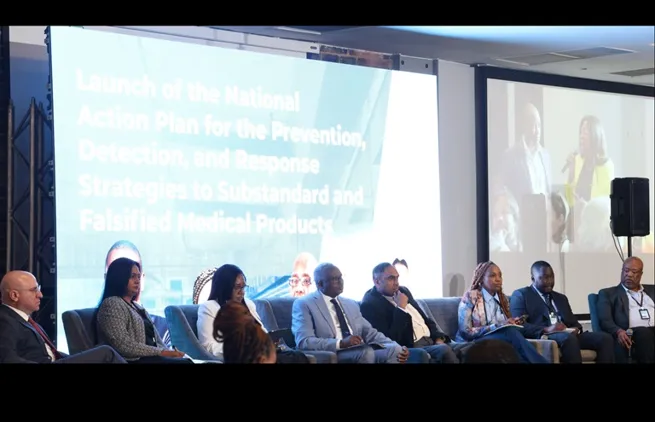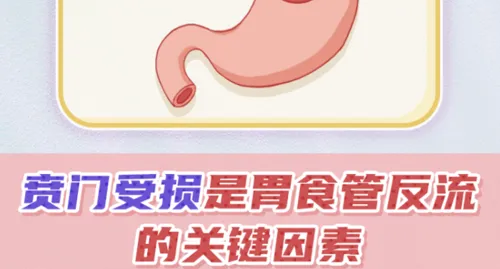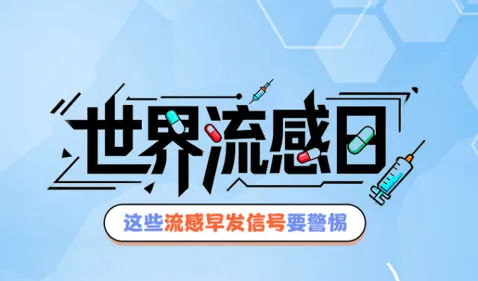South Africa Launches Action Plan to Combat Counterfeit Medicines

On 30 September 2025, South Africa launched its National Action Plan (NAP) to combat the ongoing threat of substandard and falsified medical products. This initiative represents a crucial advancement in protecting public health and ensuring the safety of individuals in South Africa and beyond, while also enhancing regulatory cooperation.
Unveiled by the South African Health Products Regulatory Authority (SAHPRA) in collaboration with the National Department of Health and the World Health Organization (WHO), the National Action Plan (NAP) targets a crisis that continues to harm and claim countless lives. According to WHO data, at least one in ten medical products in low- and middle-income countries (LMICs), including South Africa, is substandard or falsified. This situation results in severe health complications, treatment failures, and thousands of preventable deaths every year. Economically, these rogue products cost global health systems an estimated US$ 30.5 billion annually and exacerbate the financial burdens on South African households, which are already strained by rising healthcare costs and limited access to quality care.
Three pillars: prevention, detection, and response
In South Africa, where counterfeit and low-quality medicines frequently pose as crucial treatments for HIV, tuberculosis, and chronic illnesses, the NAP's three-pillar strategy focuses on prevention at borders, swift detection within supply chains, and a strong response through enforcement. This initiative aims to safeguard vulnerable populations from this hidden peril. Based on the WHO draft Handbook on Prevention, Detection, and Response to substandard and falsified medical products, the NAP marks a significant milestone in the country's health security agenda and serves as a model for regional cooperation across Africa, promoting the sharing of best practices and the alignment of regulatory frameworks.
“This launch is more than a milestone as it is a lifeline for our people and a blueprint for Africa,” said Dr. Boitumelo Semete-Makokotlela, CEO of SAHPRA. “Through unwavering collaboration, we’ve transformed a fragmented challenge into a unified front, ensuring that every family, from rural clinics to urban pharmacies, can access medicines they can trust. The NAP will not only detect and destroy fake products but will also empower communities to report threats, turning passive victims into active guardians of health.”
Strengthened collaboration and a shared commitment to health security
The launch event, held in Johannesburg, gathered senior officials, regulators, industry representatives, law enforcement, civil society, and global health partners, reflecting the broad collaboration driving this national effort.
“Fake medicines don’t discriminate! They strike the poorest the hardest, stealing futures from our children and hope from our elders,” said Minister of Health Dr. Aaron Motsoaledi in his keynote address. “Today’s commitments from across government, industry, and civil society affirm that no single entity can win this war alone. South Africa stands ready to lead, but we triumph together, protecting every African life from this scourge.”
This collaboration embodies the shared responsibility of ensuring that every patient, everywhere, can access safe, effective, and quality-assured medical products that they can trust.
“The launch of South Africa’s National Action Plan (NAP) against substandard and falsified medical products marks a pivotal step in the country’s commitment to strengthening health systems and safeguarding public health. The implementation of the NAP is not only vital to ensuring the safety, quality, and efficacy of medical products but also to reinforcing public trust in health institutions and advancing national and global health security,” said Ms. Shenaaz El-Halabi, Country Representative for WHO South Africa. “South Africa’s NAP is a clear demonstration of the power of multi-sectoral collaboration, bringing together government agencies, regulators, healthcare providers, law enforcement, the private sector, academia, and civil society. By addressing the issue through a structured, national framework, South Africa is setting a strong precedent in the region. WHO reaffirms its support for the successful implementation of this plan and stands ready to continue its collaboration with national stakeholders.”
WHO was instrumental in shaping and supporting South Africa’s National Action Plan (NAP) to address substandard and falsified medical products. It ensured alignment with global standards and best practices while providing coordinated technical, strategic, and operational support across its headquarters, regional, and country levels.
“WHO stands with South Africa and all its Member States in the fight against substandard and falsified medical products. These products undermine trust, squander resources, and most tragically, claim lives. By investing in robust regulatory systems and coordinated national action plans, we are establishing the groundwork for safer healthcare and restoring confidence in the medicines that people rely on daily,” said Mr. Hiiti Sillo, Unit Head of Regulation and Safety in the Regulation and Prequalification Department, Health Systems, Access and Data Division at WHO headquarters. “South Africa’s leadership in piloting the WHO handbook demonstrates what is achievable when commitment aligns with collaboration. This national action plan is more than just a document — it is a pledge to patients that only safe, effective, and trusted medical products will be available to them. Let this serve as inspiration for other countries to take decisive action and ensure that no life is lost due to preventable failures.”
South Africa’s National Action Plan (NAP) will serve as a framework for future national strategies across Africa, strengthening the continent's regulatory resilience and furthering the World Health Organization’s objective of ensuring universal access to safe, effective, and quality-assured medical products.
© 2025 Health Tribe.


